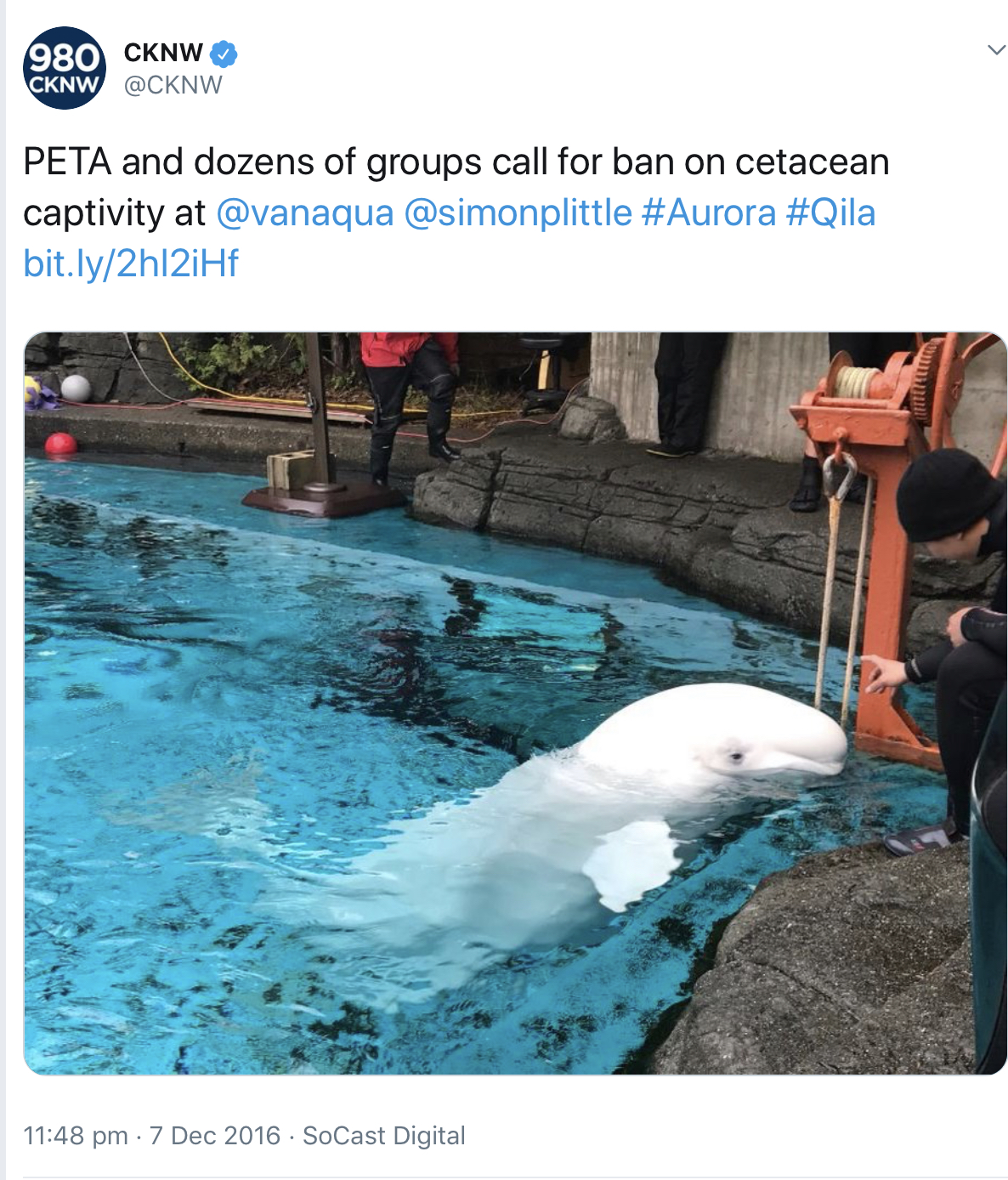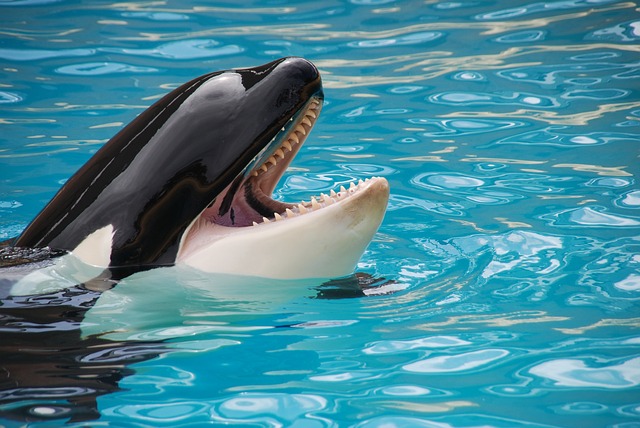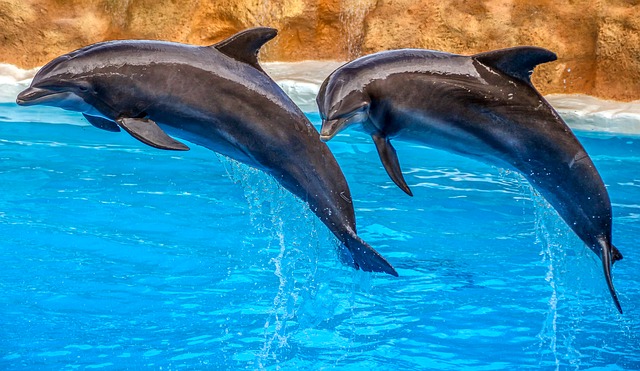
- Inspiring People -
- 4mins -
- 517 views
Canada one step closer to banning captivity of dolphins and whales
A bill that would see the ban of whale and dolphin captivity in Canada is off to the House fisheries committee for further study.
Canada step nearer to freeing Willy with a ban on keeping cetaceans in captivity
Bill S-203—Ending the Captivity of Whales and Dolphins Act—was debated in Canada’s House of Commons for a second time at the end of January, when MPs voted to move it along, with the backing of the NDP and Liberals. (we updated this article Monday 18 March 2019)

The bill was supported by all parties across the political spectrum
Cetaceans such as dolphins, porpoises and whales will no longer be kept in Canadian aquariums after the government moved one step closer to passing a bill that prohibits their captivity.
The bill, S-203, was first proposed in 2015, and it has finally made through the Senate** after three years of intense legislative battles. With the bill, Canada has taken another step toward becoming more environmentally responsible.
The most encouraging thing about the bill is that there was support across the political parties. This means that environmental issues are not subject to party politics, and everyone across the political spectrum is determined to take better care of our environment.
This is a good thing because environmental issues should not be subject to party politics, as we all share the same planet.
**in an earlier edition of this article we incorrectly stated “House of Commons” when the bill was only passed by the Senate. We apologise for this error. Rectified Monday 18 March 2019.
Source: TheThings.com

What the bill means looking ahead
If passed in the House, Bill S-203 would see the banning the breeding of dolphins and whales in captivity, and it amends the current criminal code to include this as a crime.
This means that Canadian marine parks like Marineland can still keep any cetaceans currently under their care, but they cannot breed a new generation or capture more in the wild.
The bill also prohibits the importing of cetacean sperm, tissues, or embryos. The goal is to slowly phase out the practice of keeping dolphins and whales in captivity, and the government wants to discourage any further practices of the sort.
(We updated this article on Monday 18 March 2019)
Source: TheThings.com

Since the release of shocking documentaries like ‘Black Fish’ people are becoming more conscious
Activists are still lobbying for the transfer of the remaining 55 cetaceans in Marineland to an open-water sanctuary.
Especially after the release of shocking documentaries like Black Fish, people are becoming more conscious of how their activities affect the environment.
Lobbying for changes on the government level is one of the key tools for changing the way we do things because individual activism can only go so far. With a law in place, more people will be inclined to follow suit.
The country’s political parties may disagree on many things, but it is encouraging to know that they all agree on enacting legislation that will protect the environment.
Cetaceans can continue to swim freely and they will no longer end up in a Canadian aquarium for the viewing pleasure of humans. Nice one, Canada!
Correction: We incorrectly stated in an earlier edition of this article: “Canada has also passed Bill S-238, which bans the import of sharks’ fins.” — we would like to make clear this was a mistake on our part, and this legislation is also awaiting review by the House of Commons. Our apologies. Rectified Monday 18 March 2019.
Below: 10 Surprising Superpowers of Dolphins
Source: TheThings.com

